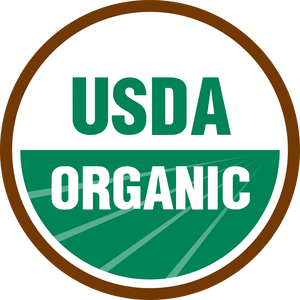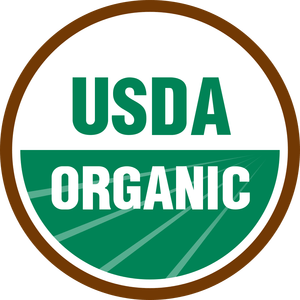By Brian German
Congress will be reviewing legislation that would establish greater oversight for organic products. The bill, known as the Organic Farmer and Consumer Protection Act, was introduced by Rep. John J. Faso (R-NY) and has 33 House cosponsors.
 The bill aims to update organic import documentation with new technology and create stricter enforcement of organic products coming into the U.S. The legislation would also nearly double the budget for the USDA’s National Organic Program over the next five years to $24 million. The bill also allows organic inspectors to share information throughout the supply chain related to investigations and will require officials to submit an annual report to Congress regarding organic investigations.
The bill aims to update organic import documentation with new technology and create stricter enforcement of organic products coming into the U.S. The legislation would also nearly double the budget for the USDA’s National Organic Program over the next five years to $24 million. The bill also allows organic inspectors to share information throughout the supply chain related to investigations and will require officials to submit an annual report to Congress regarding organic investigations.
The organic program is designed to ensure that commodities advertised as organic products comply with the defined organic farming methods. USDA issues certificates to farmers and handlers that allows them to sell their produce as a certified organic product.
Products with an organic label can often cost twice as much as a conventionally grown product. The extent of fraudulent certification problems is not fully understood; however, the USDA has said there have been 90 cases since 2008. Those found to be selling conventional products as organic can be issued fines that start at $11,000 and receive possible jail time depending on the scale of fraud.
The original legislation that created the USDA’s organic program was established in 1990. Growth in the organic industry has outpaced enforcement capabilities over the years, flourishing into a $47 billion industry. Supporters of the bill are optimistic that its bipartisan support will allow for its passage sometime this year.
Share this Post










